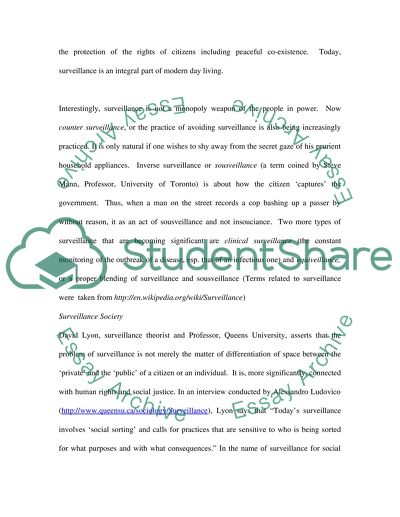Cite this document
(“The Unknown Citizen by W H Auden Essay Example | Topics and Well Written Essays - 1750 words”, n.d.)
The Unknown Citizen by W H Auden Essay Example | Topics and Well Written Essays - 1750 words. Retrieved from https://studentshare.org/literature/1526653-the-unknown-citizen-by-w-h-auden
The Unknown Citizen by W H Auden Essay Example | Topics and Well Written Essays - 1750 words. Retrieved from https://studentshare.org/literature/1526653-the-unknown-citizen-by-w-h-auden
(The Unknown Citizen by W H Auden Essay Example | Topics and Well Written Essays - 1750 Words)
The Unknown Citizen by W H Auden Essay Example | Topics and Well Written Essays - 1750 Words. https://studentshare.org/literature/1526653-the-unknown-citizen-by-w-h-auden.
The Unknown Citizen by W H Auden Essay Example | Topics and Well Written Essays - 1750 Words. https://studentshare.org/literature/1526653-the-unknown-citizen-by-w-h-auden.
“The Unknown Citizen by W H Auden Essay Example | Topics and Well Written Essays - 1750 Words”, n.d. https://studentshare.org/literature/1526653-the-unknown-citizen-by-w-h-auden.


